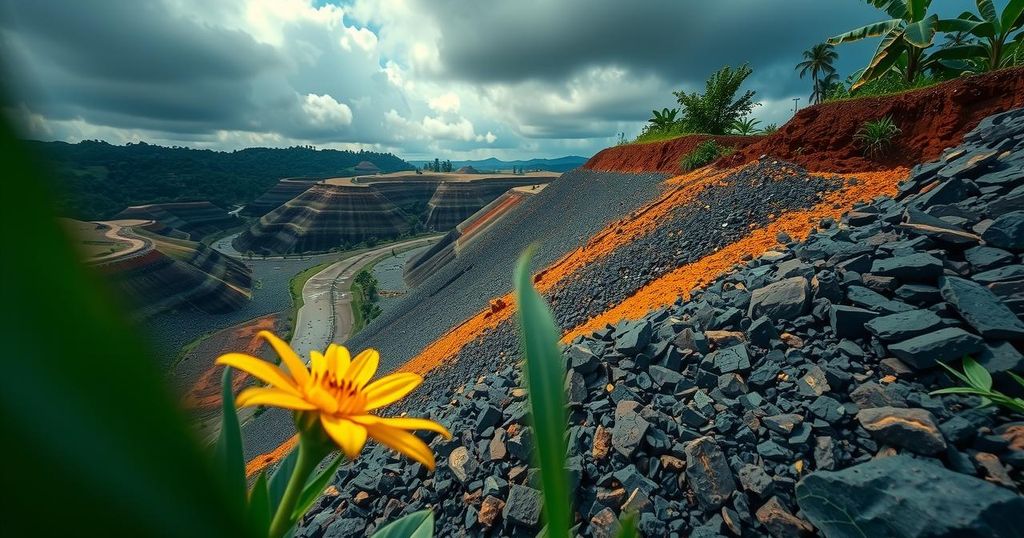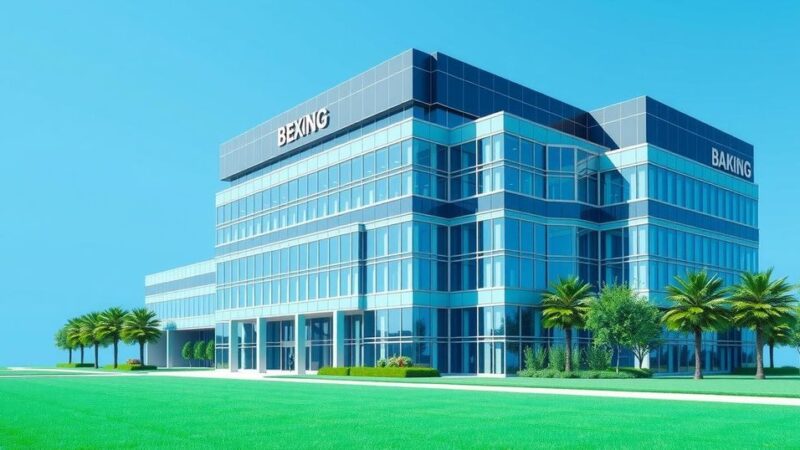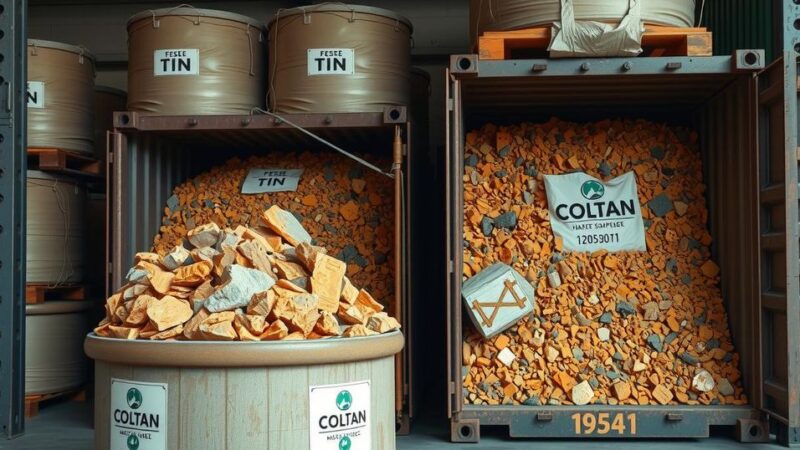Illegal gold mining in Ghana, known as Galamsey, has escalated due to rising global gold prices, with around 70-80% of small mines operating without licenses. Despite military efforts to combat these activities, the sector produced 1.2 million ounces of gold this year and remains an important issue ahead of national elections.
The rise in global gold prices has catalyzed an upsurge in illegal gold mining activities in Ghana, contributing to environmental degradation and corruption. In 2023 alone, the country has produced approximately 1.2 million ounces of gold from small-scale mining, with an alarming 70-80% of these operations lacking proper licenses. Often referred to as ‘Galamsey,’ this issue has gained prominence in discussions leading to the forthcoming national elections, drawing attention to the urgent need for reform and enforcement against illegal mining practices.
Illegal gold mining, termed ‘Galamsey’ in Ghana, poses significant challenges to both the environment and governance. The increase in global gold prices has exacerbated the situation, resulting in a greater number of unlicensed mining operations across the nation. Military interventions have aimed to halt these illegal activities, yet the scale of the issue suggests a pervasive challenge that intertwines economic interests with systemic corruption and environmental neglect.
In summary, the continuation of illegal gold mining in Ghana, driven by rising gold prices, presents formidable threats not only to the environment but also to the integrity of local governance. As the nation approaches its elections, the topic of Galamsey underscores the necessity of regulatory reforms and sustainable practices to safeguard the country’s resources and future.
Original Source: www.bbc.co.uk






